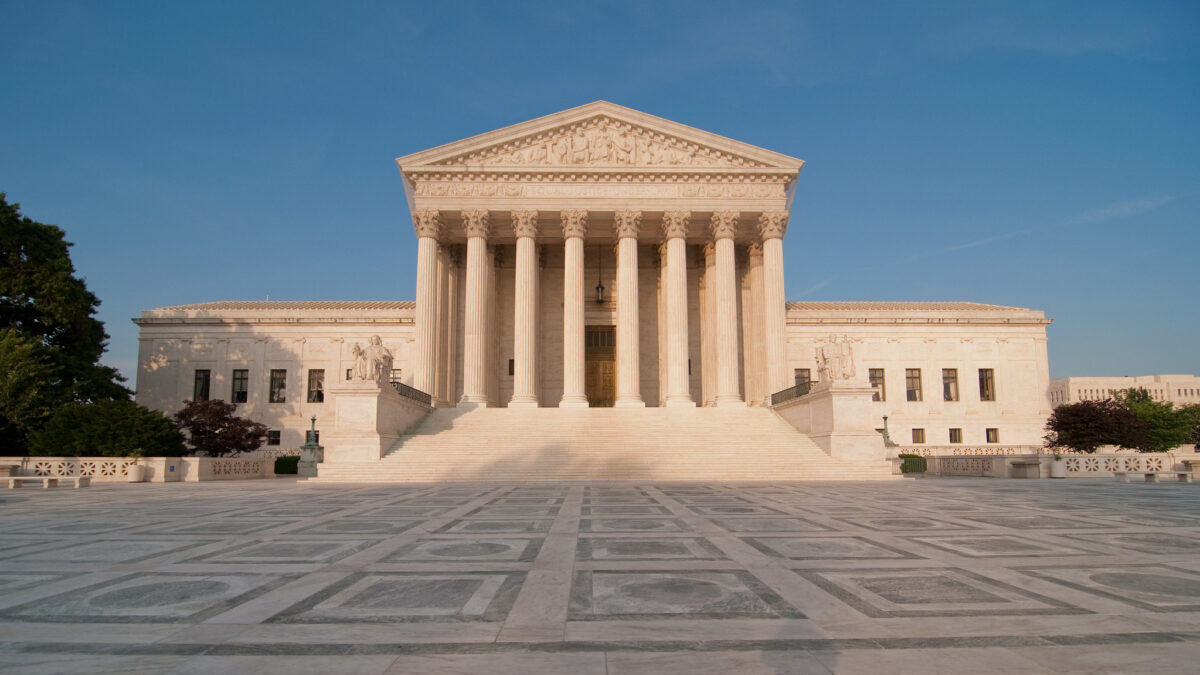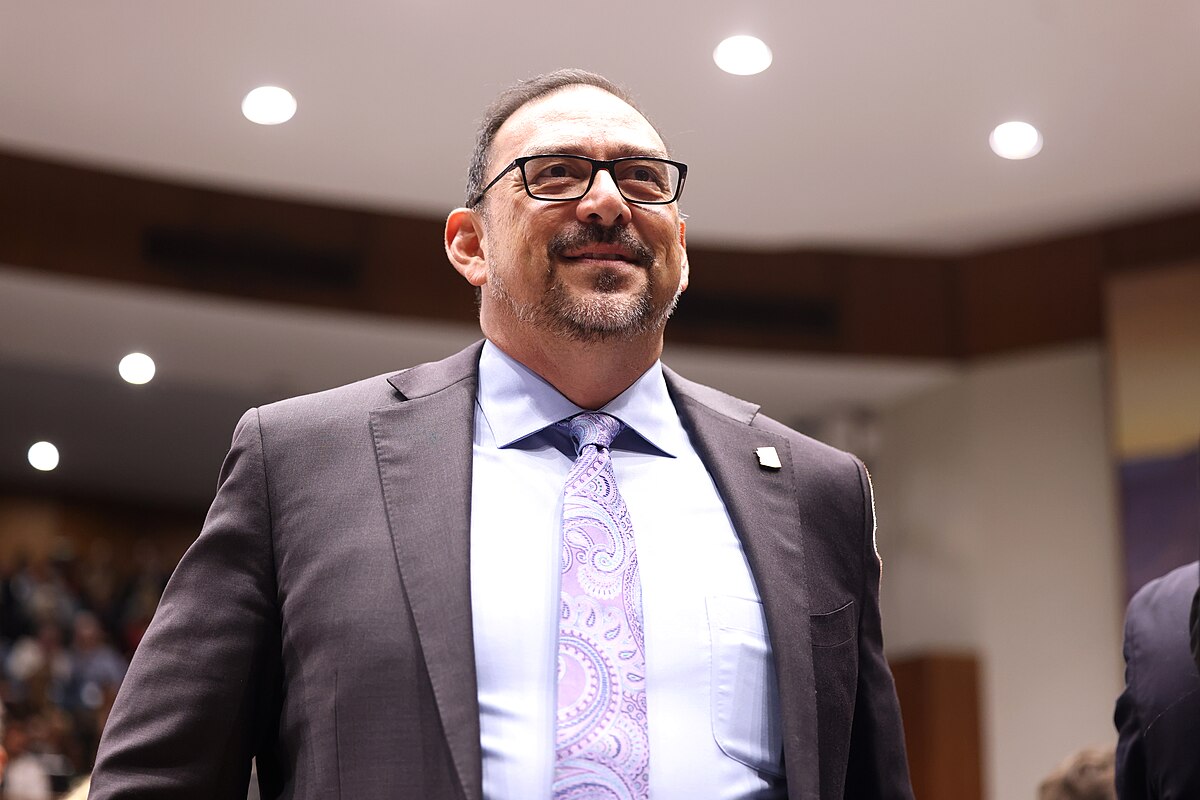Teamsters who damaged cement in a strike were ruled against by the Supreme Court, with Jackson as the only dissenter.
Supreme Court Rules in Favor of Concrete Company in Lawsuit Against Union
The Supreme Court on Thursday ruled in favor of a concrete company in Washington seeking to resurrect a lawsuit against the International Brotherhood of Teamsters, accusing the union of ruining its cement during a strike.
An 8-1 decision authored by Justice Amy Coney Barrett means the company, Glacier Northwest, can move forward with a lawsuit against the union in state court over an August 2017 strike in which drivers walked away from their job and left wet cement to spoil inside their trucks. Liberal Justice Ketanji Brown Jackson, the newest member of the court, was the lone dissenter in the ruling.
Union Liability for Strike Actions
“Because the union took affirmative steps to endanger Glacier’s property rather than reasonable precautions to mitigate that risk, the [National Labor Relations Act] does not arguably protect its conduct,” Barrett wrote. The NLRA is a federal law that shields union activity.
Union labor advocates had warned a ruling in favor of the company could thwart future strike actions by making unions more liable for certain losses employers can face as a result of strikes.
To enforce the NLRA, Congress created the National Labor Relations Board to oversee claims and “prevent any person from engaging in any unfair labor practice.”
Clarifying the Scope of Doctrine
“All agree that the NLRA protects the right to strike but that this right is not absolute,” Barrett wrote for the majority, adding that “the NLRA does not shield strikers who fail to take ‘reasonable precautions’ to protect their employer’s property from foreseeable, aggravated, and imminent danger due to the sudden cessation of work.”
The ruling clarifies the scope of the doctrine regarding state and local regulations of conduct, including tort claims, which are preempted when they potentially conflict with the NLRA. This doctrine of federal preemption for labor law issues originated from the 1959 case San Diego Building Trades Council v. Garmon.
Dissenting Opinion
Jackson penned a dissent strongly disagreeing with Barrett and the majority, writing, “The union’s conduct is at least arguably protected by the NLRA.
“But instead of modestly standing down, the majority eagerly inserts itself into this conflict, proceeding to opine on the propriety of the union’s strike activity based on the facts alleged in the employer’s state-court complaint,” Jackson added.
Jackson said the National Labor Relations Board issued a complaint after the state court ruling, accusing the company of unfair practices and saying the drivers’ actions were “arguably protected.”
Business Groups Back Glacier Northwest
Glacier contends it lost $100,000 after failing to fulfill a contract on the day of the strike and made other damage claims.
In December 2021, the Washington Supreme Court ruled in favor of the union, noting the loss of materials was “incidental to a strike arguably protected by federal law.” The Supreme Court reversed that state court ruling.
Business groups, including the U.S. Chamber of Commerce, backed Glacier Northwest, which argued that a ruling that protected the actions of the Teamsters could be perceived as condoning the destruction of property.
Every House Member Who Voted Against Passing the Debt Ceiling Bill
Click here to read more from the Washington Examiner.
" Conservative News Daily does not always share or support the views and opinions expressed here; they are just those of the writer."





Now loading...